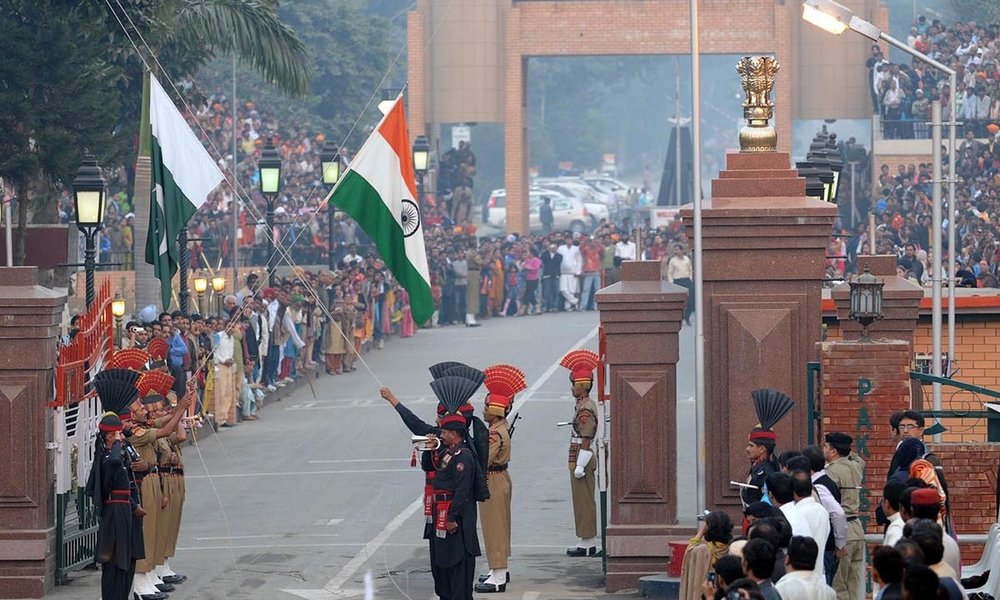"Optimists see Indo-Pakistani dialogue post India's general elections"

Relations between India and Pakistan, the two South Asian estranged neighbors, continue to fluctuate. Kartarpur corridor project had opened a window of opportunity for the two countries to bury the hatchet and strengthen ties, but the BJP government in India hasn’t shown much enthusiasm.
Seema Mustafa is a senior journalist and commentator based in New Delhi. She is the founder editor of The Citizen. In an interview to Tehran Times, she briefly touched upon the relations between India and Pakistan, the logjam over Kashmir, Modi’s handshake with MBS at G-20 summit, and what makes Iran important for India.
Following are the excerpts:
Q. The relations between India and Pakistan continue to be marred by various issues. Do you see the possibility of two sides reviving peace dialogue after general elections in India, since the BJP government doesn't seem interested this time?
A. Relations between India and Pakistan are marred all the time, with periodic relief when governments on both sides exhibit political will. Since the current situation cannot continue forever, optimists do see a period of dialogue post India's general elections.
Q. Kashmir remains the bone of contention between the two countries. What steps need to be taken by the two countries and the international community to resolve the logjam over Kashmir?
A. Dialogue is the only solution.
Q. Kartarpur corridor project has been hailed as an important confidence building measure between India and Pakistan, even though the BJP government in India did not respond too warmly to Pakistan’s gesture. Do you think it opens a window of opportunity for the two neighbors to come closer?
A. Actually to be fair, officially Prime Minister Narendra Modi welcomed the move. And two central ministers were deputed to attend the inauguration event. So far so good.
Q. India remains an important strategic partner for Iran and the waiver from U.S. sanctions means the two countries can continue their oil trade and work together on the strategic Chabahar project. What makes their relationship so enduring?
A. Geo politics and oil makes the relationship between the two countries enduring.
Q. India's Prime Minister Narendra Modi was seen shaking hands with Saudi crown prince Mohammed bin Salman at G-20 summit even when other world leaders clearly snubbed him. Do you think India, as an important global player, should make its position clearer on Jamal Khashoggi murder?
A. Well, globally everyone seems to be rushing to embrace the man. I mean the Saudi crown prince. After Trump, it is Putin rushing to lay out the red carpet. Reprehensible. So globally India is acting in sync.
Q. In India, Chief Minister of Uttar Pradesh, India's most populated state, has been changing the names of Muslim cities into Hindu names, which has evoked widespread criticism. What do you think is the objective behind the move?
A. It is part of a larger agenda based on his ideology.
Leave a Comment